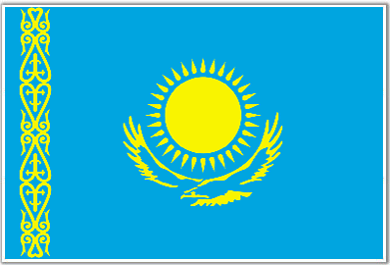
The head of the UN’s nuclear watchdog group, Mohamed ElBaradei, has criticized the United States for withholding intelligence that it says showed the construction of a nuclear reactor in Syria that Israel bombed in September. The International Atomic Energy Agency chief was critical of both the US delay in releasing the information and of Israel’s bombing of the site before the IAEA could inspect it. We speak with former UN weapons inspector in Iraq, Scott Ritter.
Scott Ritter, Ritter served from 1991 to 1998 as a United Nations weapons inspector in Iraq in the United Nations Special Commission (UNSCOM). He is author of Target Iran: The Truth About the White House’s Plans for Regime Change.
More>>>

















